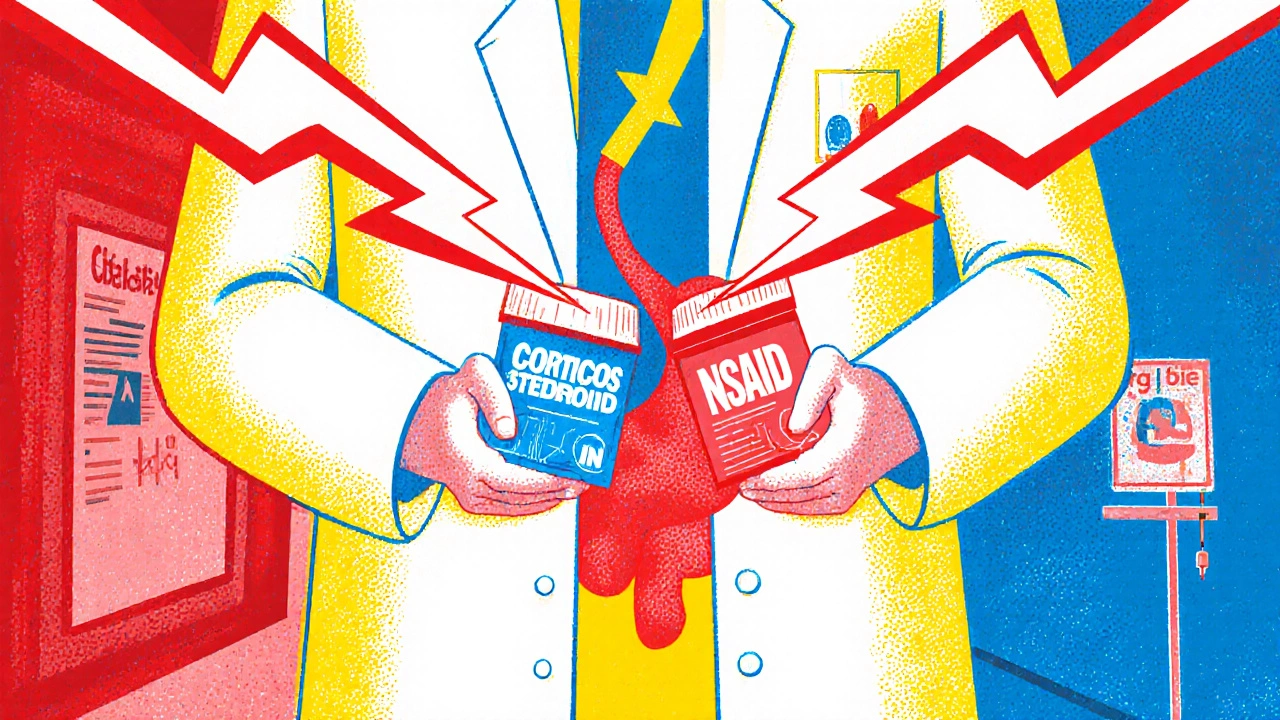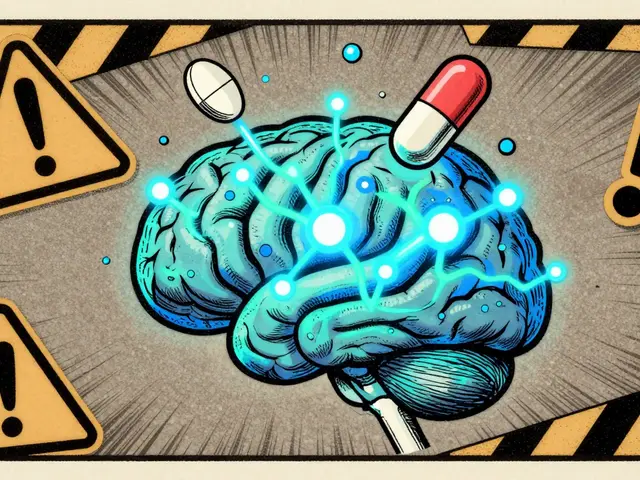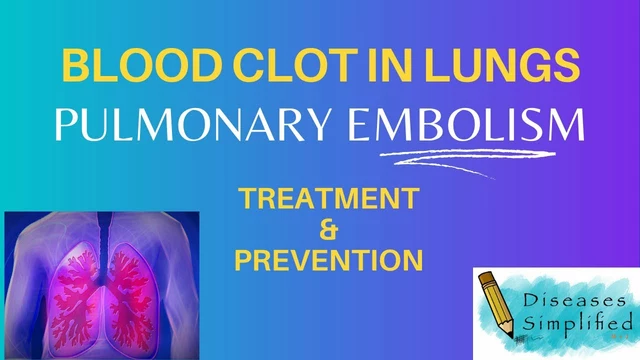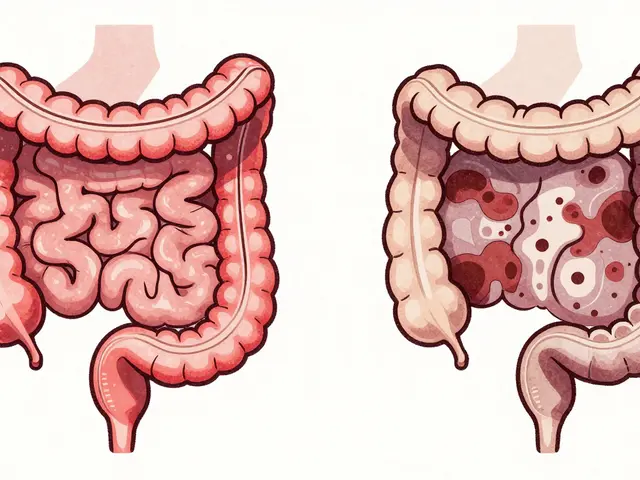Gastrointestinal Bleeding Prevention: How to Stop Internal Bleeding Before It Starts
When your gastrointestinal bleeding, uncontrolled blood loss from the digestive tract. Also known as GI bleeding, it can start quietly — a bit of dark stool, mild fatigue — and turn life-threatening fast. It’s not just a hospital emergency. For many, it’s the result of habits you can change today.
Most cases link back to a few clear causes. NSAIDs, common painkillers like ibuprofen and naproxen are a top trigger. They wear down your stomach lining over time, especially if taken daily. Peptic ulcers, sores in the stomach or small intestine are another big one — often caused by H. pylori bacteria or long-term NSAID use. And then there’s proton pump inhibitors, meds like omeprazole that reduce stomach acid. They help heal ulcers, but skipping them after treatment can mean bleeding comes back.
It’s not just about pills. Alcohol, smoking, and stress don’t directly cause bleeding, but they make your gut more vulnerable. If you’re on blood thinners like warfarin or aspirin, you’re at higher risk — not because the meds are bad, but because they stop your blood from clotting fast enough when damage happens. The key isn’t to avoid all meds, but to know which ones need monitoring and when to talk to your doctor.
You don’t need to wait for vomiting blood to act. Watch for subtle signs: black, tarry stools; unexplained tiredness; dizziness when standing; or a sudden drop in appetite. These aren’t normal aging. They’re your body’s way of saying something’s wrong inside. Getting a simple stool test or endoscopy early can stop bleeding before it starts.
What you’ll find in these articles aren’t theory-heavy guides. They’re real comparisons — like how Tadalista Super Active might affect your gut if you’re already on acid reducers, or why mixing sedatives can worsen bleeding risks. You’ll see how domperidone helps gut motility, how chloramphenicol can cause rare but serious GI side effects, and how dipyridamole’s blood-thinning effects need careful balancing. These posts don’t just list facts — they show you what actually matters when you’re trying to keep your digestive tract safe.

- Oct 24, 2025
- Posted by Cillian Osterfield
Steroids and NSAIDs: How to Lower the Massive GI Bleeding Risk
Learn why steroids and NSAIDs together dramatically raise GI bleeding risk and how to prevent it with PPIs, risk calculators, and smart drug choices.
Categories
- Health and Wellness (72)
- Medications (69)
- Health and Medicine (28)
- Pharmacy Services (12)
- Mental Health (9)
- Health and Career (2)
- Medical Research (2)
- Business and Finance (2)
- Health Information (2)
Latest Posts
©2026 heydoctor.su. All rights reserved





